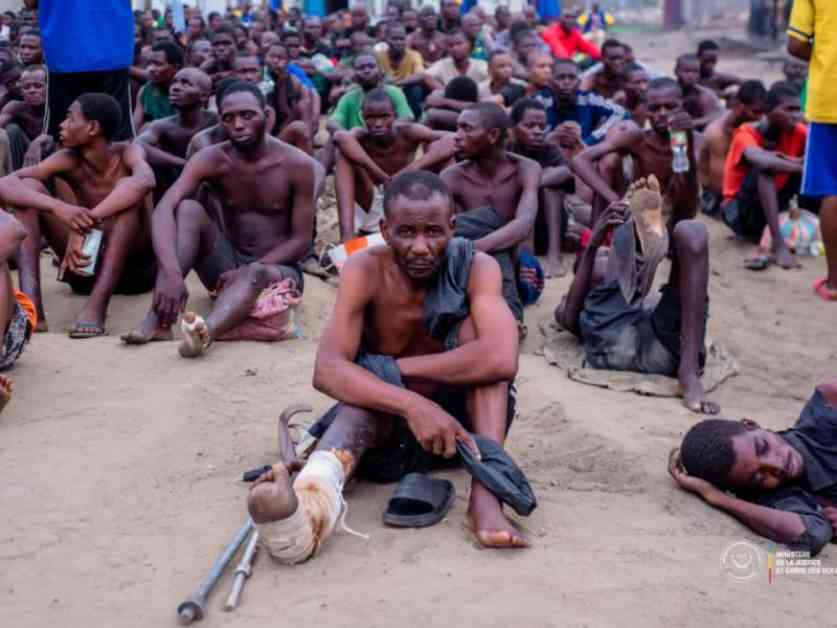Significant Progress: CNDH Applauds Commutation of Death Penalty to Alternative Sentences
The National Commission for Human Rights (CNDH-RDC) expressed satisfaction with Presidential Order No. 24/132 of December 30, 2024, granting a collective measure of clemency. In a press release issued on Thursday, January 2, 2025, it celebrated the commutation of the death penalty to alternative sentences. The CNDH believes that this decision by the head of state, in response to one of its appeals, marks a significant advancement in the protection of human rights and the right to life, guaranteed by the 2006 Constitution.
Positive Development in Human Rights
The CNDH hailed this significant advancement in human rights protection in the Democratic Republic of the Congo (DRC), particularly in the right to life enshrined in the Congolese Constitution in articles 16 and 61. The CNDH commended His Excellency the President for considering its opinion 001/AP/CNDH-RDC/2024 of March 26, 2024, and its press release CNDH/007/CAB-RAP/03/2024 of December 10, 2024, urging him to use his constitutional power to commute death sentences handed down by the DRC’s courts to alternative penalties.
Furthermore, this democracy support institution praised this act of humanitarianism, forgiveness, and justice, contributing to the promotion of the right to peace.
Presidential Order Details
The presidential decree, on the recommendation of the Minister of State for Justice and Keeper of the Seals, orders the remission of the remaining sentence for anyone convicted to a term of penal servitude or forced labor of less than five years by a final judicial decision by December 31, 2024. It reduces by five years the remaining sentence for anyone sentenced to penal servitude or forced labor equal to or exceeding five years by a final judicial decision on the same date.
The same presidential order commutes the death penalty to life imprisonment for anyone convicted by a final judicial decision by December 31, 2024. Additionally, life imprisonment is commuted to a main penal servitude term of twenty years for convicts under the same conditions.
However, these measures do not apply to fugitive convicts, individuals sentenced for crimes against peace and humanity, or offenses stipulated by Law No. 15/022 of December 31, 2015, amending and supplementing the January 30, 1940 decree on the penal code. They also do not cover individuals convicted of sexual violence, embezzlement of public funds, extortion, corruption, illicit payments, money laundering, terrorism financing, and other economic and financial crimes, as well as murders, armed robberies, criminal associations, threats to national security, illegal possession of weapons of war, or any other offenses against state authority and national integrity.
Ensuring Fair Evaluation
A source close to the matter told ACTUALITÉ.CD that a commission will be established to thoroughly review the various cases to prevent issues like “bribery.”
This progress in human rights and justice in the DRC signifies a step towards a more compassionate and fair society, where the rights and dignity of all individuals are respected and upheld. It is a testament to the power of advocacy and the positive impact it can have on shaping a more just world for all.

















